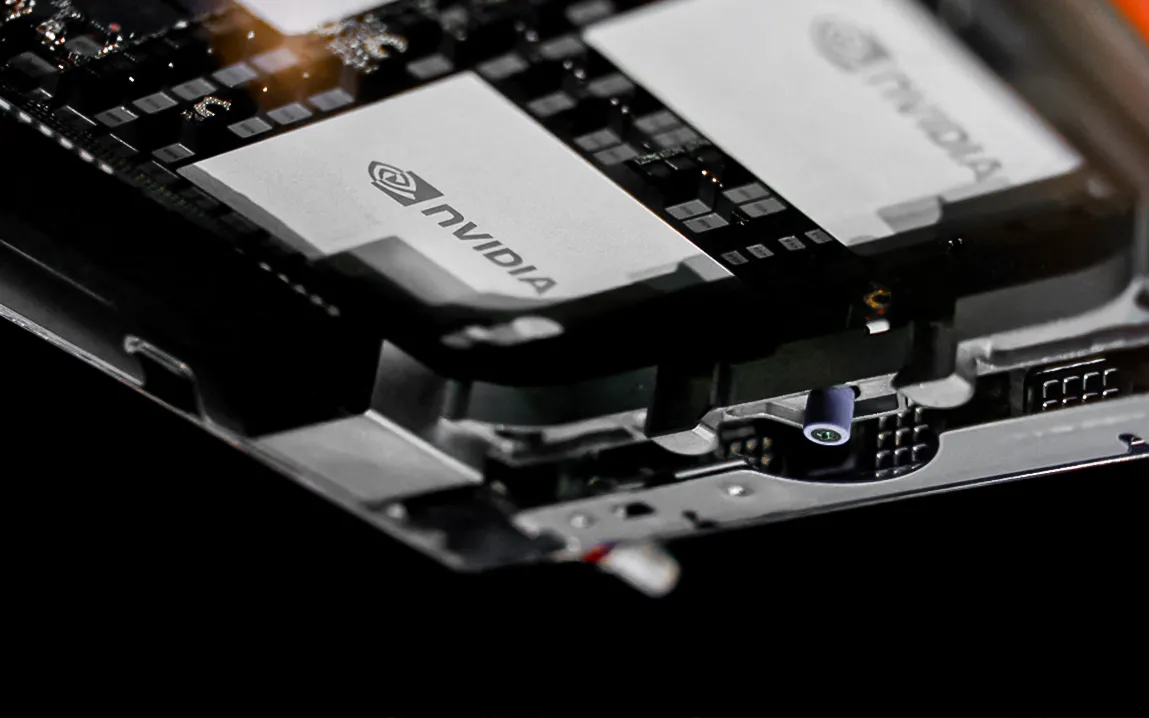H20 Chip in U.S.-China Crossfire
Nvidia, one of the leading forces in AI chip manufacturing, revealed this week it expects to take a $5.5 billion charge in the first quarter due to the U.S. government blocking exports of its H20 AI chips to China.
The H20 chip had been specifically developed for the Chinese market to comply with earlier export rules. It quickly became a favorite among major tech players in China, including Tencent, Alibaba, and ByteDance, who had reportedly placed large orders. However, the U.S. Commerce Department has now halted those exports, stating that the H20 “exceeds the performance threshold” allowed under U.S. rules and could pose national security risks.
What Makes the H20 So Important?
While not as powerful as Nvidia’s flagship AI chips sold in other countries, the H20 was still highly capable—especially in AI inference, a key process where AI models respond to user queries.
Though less efficient at training large AI models, the H20’s high-speed memory and strong data connectivity made it extremely valuable to China’s fast-expanding AI ecosystem.
According to U.S. officials, this raised concerns about its potential use in sensitive systems, including supercomputers that could serve military purposes.
U.S. Tightens Grip on AI Tech
The U.S. government has now made it clear that Nvidia must secure licenses to export the H20 to China—but the process is murky. No licenses have yet been granted, and “we do not expect to receive them in the near term,” Nvidia said.
As a result, the company is writing down inventory, purchase obligations, and reserves related to the chip.
Nvidia Stock Takes a Hit
News of the export halt triggered a sharp reaction on Wall Street. Nvidia’s shares fell nearly 6% in after-hours trading, wiping out around $160 billion in market value.
But the ripple effects were global. In Asia, the Hang Seng and Nikkei indexes both dropped, while Chinese chipmakers gained, driven by expectations that Beijing will double down on developing local alternatives to U.S.-built AI hardware.
A Strategic Shift on the Horizon
With the China market cut off, Nvidia is pivoting hard toward domestic investments. The company said it plans to spend $500 million in building U.S.-based infrastructure for AI servers, partnering with TSMC and others to strengthen its presence at home.
This move also aligns with U.S. efforts to bring semiconductor manufacturing and innovation back onshore amid growing tension with Beijing.
What This Means Going Forward
This episode is more than a corporate write-down—it marks a growing fracture between the world’s two biggest tech superpowers. Nvidia’s situation is now the clearest example yet of how geopolitical rivalry is reshaping the future of AI.
With AI at the center of global innovation, chipmakers like Nvidia are finding themselves on the front lines—not just of competition, but of policy and power.



